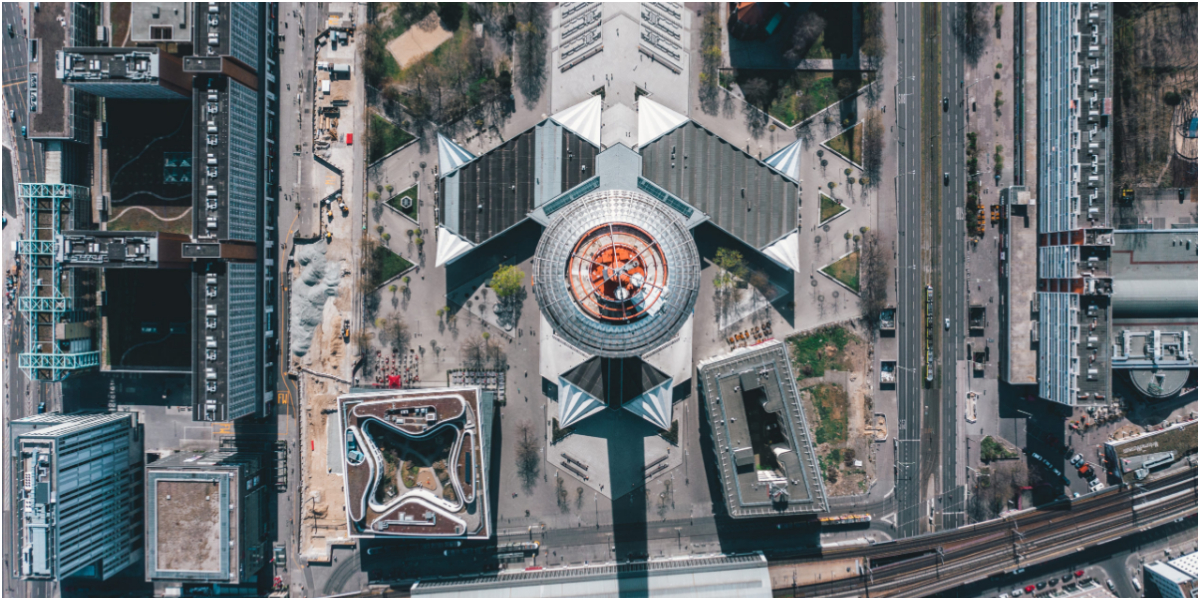Germany on Wednesday slashed its financial growth forecast for 2022, weighed down via Russia’s invasion of Ukraine, which has sparked leaps in customer charges now not visible in a long time.
The gross home fabricated from Europe’s biggest economic system is now anticipated to make bigger via 2.2 percent instead of 3.6 percent projected in January, the financial system ministry said.
Inflation changed into meanwhile expected to leap to 6.1 percent for the year, “a fee seen most effective at times of the oil disaster or quickly after German reunification” in 1990.
Germany is “paying a price” for its backing of Ukraine against Russia’s unprovoked aggression, said Economy Minister Robert Habeck.
“We must also be ready to pay this price,” said the minister, noting that Germany was “paying through higher energy prices, through higher inflation and slower growth”.
“This literally means that Germany will be poorer compared to the forecasts from three or four months ago,” he said.
Berlin had previously pinned its hopes on a firm recovery for 2022, reasoning that the impact of the coronavirus pandemic would begin to ease.
But Russia’s aggression in Ukraine has laid waste to those forecasts. The war has further exacerbated supply chain woes and pushed up prices of daily necessities.
Energy prices in particular have leapt since the war broke out, forcing the first German companies to take drastic action like idling their plants while consumers are faced with hefty power bills.
Germany, which is highly dependent on energy from Russia, is also facing a real threat of its gas supplies being cut off.
Russia’s Gazprom turned off its gas taps to Poland and Bulgaria earlier Wednesday over their refusal to meet Russian President Vladimir Putin’s demand for payment in rubles.
An immediate end to Russian gas imports would send Germany into a “sharp recession” next year, the country’s leading economic institutes said in a forecast published in mid-April.
“This has to be taken seriously,” Habeck said on Wednesday, stressing that Germany would continue to make its payments in euros or dollars in line with its European partners.
Converting payments into rubles is the responsibility of Gazprom, he said, acknowledging that there was some uncertainty around how Russia “will interpret and apply” its recent decree on gas payments.
Habeck also said Germany had managed to start weaning itself off Russian coal and oil faster than expected in response to the war.
The share of crude oil imported from Russia has fallen from 35 percent before the conflict to around 12 percent, meaning a European embargo on Russian oil would be “manageable”, he said.
“This does not mean that an embargo would not significantly increase prices and that there would not be localized supply disruptions… but it would no longer lead to a national economic disaster,” Habeck said.
Berlin has also controlled to lessen its gas imports from Russia to 35 percentage, as compared with 55 percentage earlier than the struggle, he stated.
However, he stated it become “not practical” for Germany to absolutely ban Russian gasoline earlier than the subsequent year, given the new infrastructure needed to diversify fuel imports.

















